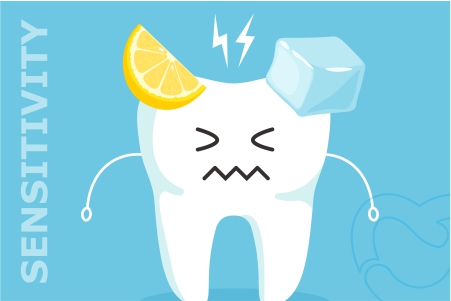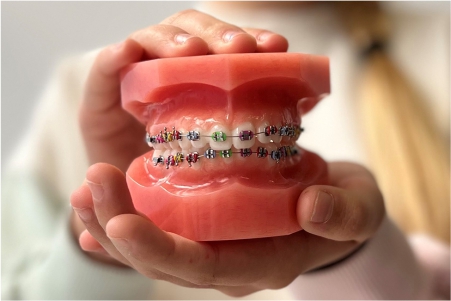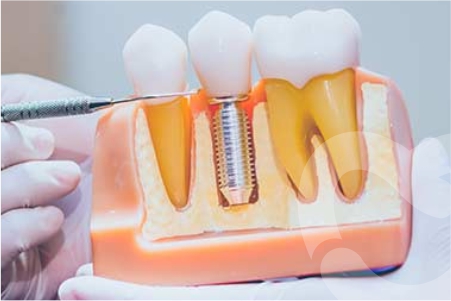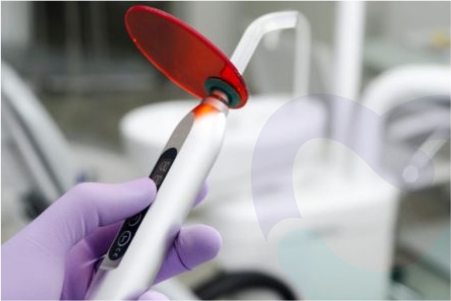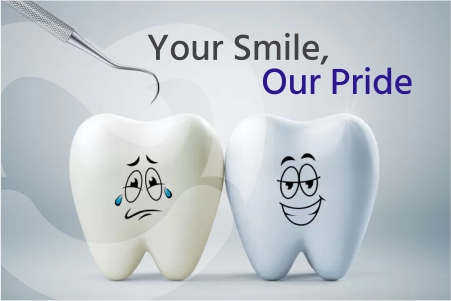
Oral health is an essential aspect of overall well-being. The advancements in dental technology continue to improve the way we care for our teeth and gums. In today's world, patients have access to a variety of treatments that make dental visits more comfortable and effective. These advancements are reshaping the landscape of dental care, offering new solutions to common oral health issues.
This article will explain Laser Dental Surgery, including what it is, its uses, its cost, and other key details.
Laser Dental Surgery: What It Is
Laser dental surgery uses focused light beams to perform dental procedures with precision. The procedure started in the 1990s and has since become a popular alternative to traditional drills and scalpels. The technique involves a specialized laser device that targets specific tissues, making it useful for a range of treatments. By offering greater accuracy and minimizing damage to surrounding areas, laser treatment represents a modern approach to various dental procedures.
5 Major Dental Problems Treated with Laser Dentistry
Treating Gum Disease: Laser therapy effectively treats gum inflammation and infections. Soft Tissue Procedures: Lasers are used for procedures like gum reshaping, tongue tie release, and cold sore treatment. Tooth Sensitivity: Laser treatment can seal sensitive tooth areas, reducing discomfort. Treating Tooth Decay: In some cases, lasers can remove decayed tooth material without drilling. Teeth Whitening: Laser whitening provides faster and more effective results compared to traditional methods.
Types of Lasers Used in Laser Dentistry
- Dental professionals select hard tissue or soft tissue lasers based on the procedure. Hard Tissue Lasers: These lasers cut through the structure of the tooth and are ideal for shaping teeth, repairing fillings, and removing tooth structure. Lasers work by targeting water and minerals in the teeth.
- Soft Tissue Lasers: These lasers treat gum disease and other soft tissue issues. Laser targets water and hemoglobin in the tissue. They help kill bacteria, promote tissue regrowth, and seal nerve endings and blood vessels. This results in minimal pain and faster healing.
The Process of Laser Dental Treatments
Laser treatments involve several key steps: Preparation: The dentist prepares the treatment area and applies a local anesthetic if needed. Laser Application: The dentist directs the laser’s focused light beam at the targeted tissue. The laser’s light energy interacts with the tissue, either removing, reshaping, or stimulating it. Procedure: The dentist moves the laser over the treatment area. For soft tissues, the laser seals blood vessels and nerve endings, reducing bleeding and discomfort. Aftercare: The dentist monitors the treated area and provides post-treatment care instructions. Patients typically experience faster healing compared to traditional methods.
Benefits of Laser Dentistry Over Traditional Dental Procedures:
Reduced Discomfort: Lasers often cause less pain and discomfort compared to traditional drills and tools. Minimized Bleeding: The laser seals blood vessels as it works, leading to less bleeding during and after the procedure. Faster Healing: Patients usually recover faster and heal more quickly because the laser's precision minimizes tissue damage. Precision: Lasers offer greater accuracy, allowing for targeted treatment with minimal impact on surrounding healthy tissue. Less Need for Anesthesia: The process is more comfortable as many laser procedures need less or no local anesthesia.
Cost of Laser Treatment vs. Traditional Methods
Laser dentistry offers advanced treatment options. While there may be a slight difference in cost compared to traditional methods, it often saves you money in the long run. Let’s see how
Possibility of Fewer Visits: Laser treatments can often be completed in fewer sessions.
Reduced discomfort: Less bleeding and faster healing can save on medication and time off work.
Improved results: Laser dentistry often provides more precise and effective treatments.
Ultimately, the cost-effectiveness of laser dentistry depends on the specific procedure and individual needs. Consult with your dentist to discuss treatment options and costs.
Laser Dentistry: Risks and Safety Measures
The risks with laser dentistry are low. Seeing a skilled dentist who uses the right settings ensures safe and effective treatment, avoiding any issues. While there are concerns about overusing laser treatments, qualified dentists use them efficiently for your needs. During the procedure, your dentist will provide special glasses to protect your eyes, ensuring a safe and comfortable experience.
If you're seeking laser dentistry in Belgaum, visit One Dentall - The best dental clinic in Belgaum. Our clinic offers a range of specialized treatments. We use the latest techniques and technology to ensure the best outcomes for our patients. We also provide extensive dental procedures for both adults and children, using conscious sedation for a comfortable experience.
Frequently Asked Questions about Laser Dentistry
Laser dental surgery uses focused light beams to perform dental procedures with precision. It involves a specialized laser device that targets specific tissues. This process makes it a modern alternative to traditional drills and scalpels.
Laser surgery treats gum disease, soft tissue issues, tooth sensitivity, tooth decay, and teeth whitening.
The laser uses a light beam to interact with the tissue, letting the dentist remove, reshape, or stimulate it. This precision reduces damage to nearby tissues and usually causes less discomfort.
Laser Dentistry offers several benefits, including reduced discomfort, minimized bleeding, faster healing, greater precision, and often less need for anesthesia compared to traditional methods.
Dentists use hard tissue lasers for cutting through tooth structure and soft tissue lasers for treating gum disease and other issues.
Laser treatments may cost more initially but can lead to fewer visits, less discomfort, and better results. Consult your dentist for a detailed cost comparison.
The risks are minimal when performed by a qualified dentist. Using the correct settings can avoid issues. Qualified professionals ensure safety, and use special protective glasses during the procedure.
Choose a reputable dental clinic with experienced professionals who use the latest technology and adhere to safety protocols. At One Dentall, we ensure your comfort and safety during the procedure.


